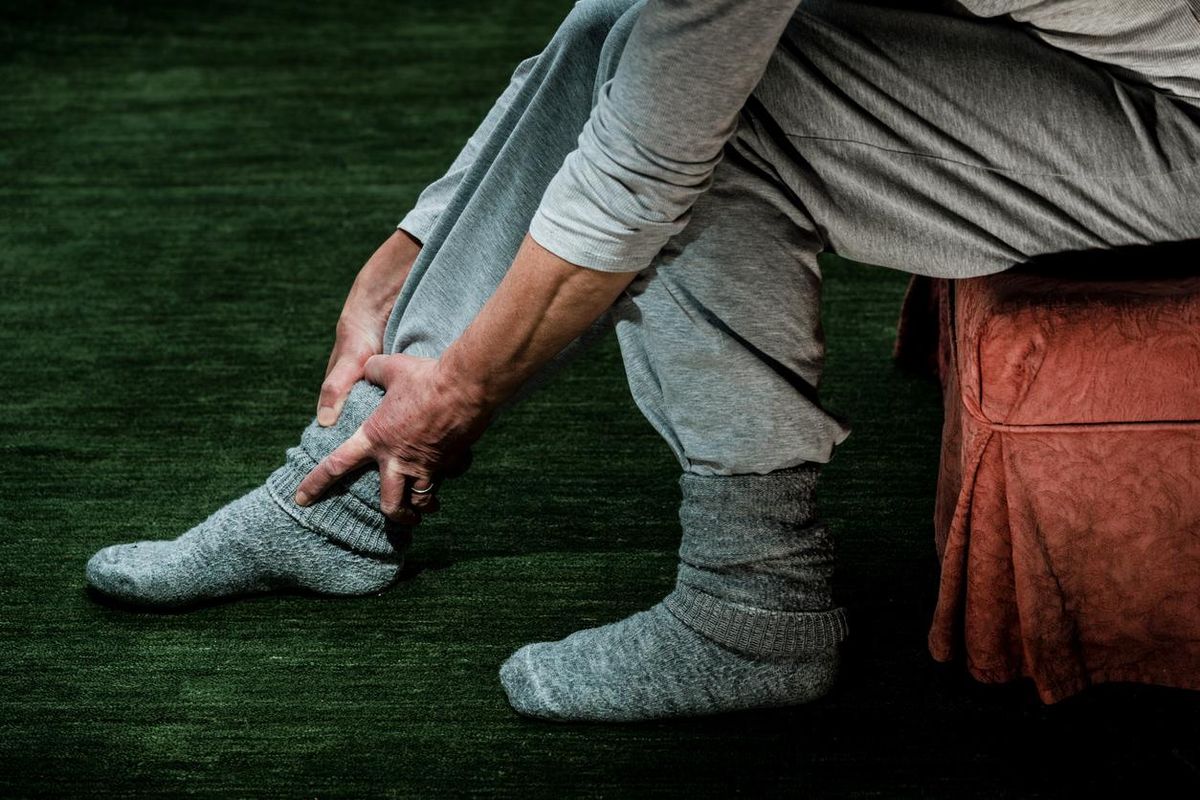Q:
I am 74 years old and suffer from many health conditions, including osteoarthritis and peripheral neuropathy. I eat lots of fruits and veggies, but for some reason my edema keeps getting worse. My doctor tells me to just live with it. Can you offer any suggestions?
A:
Edema is characterized by fluid accumulation in the body. While there are many different causes and numerous strategies to treat the condition, reducing sodium intake can often help. Sodium holds on to fluid in the body and the more sodium you consume, the greater the fluid retention. In addition to reducing your sodium intake, you might also try adding foods that are rich in potassium, which can help increase the amount of sodium you urinate out. However, if you take a medication that increases blood potassium, you must be careful about your potassium consumption. Of course, it is always prudent to inquire with your health care provider before starting a high potassium diet.
Even though you are eating fruits and vegetables, there may be other foods in your diet that are high in sodium. For example, processed foods, frozen dinners, packaged rice, mixed noodles, chips and many condiments are high in sodium. Even cheese, breakfast breads and cereals, as well as canned vegetables, can contribute to elevated sodium levels. By reading the Nutrition Facts Label on packaged foods you can determine if a product will fit into a low sodium diet. Most health professionals recommend keeping sodium intake under 2300 mg per day, but check with your healthcare provider to see what your individual goals are.
In addition to the aforementioned causes of elevated sodium levels, some people also have poor venous return, which means that fluid accumulates in the lower extremities. Keeping your legs elevated and wearing supportive hosiery can mitigate the effects of this condition.
If you find the condition onerous, or if it worsens, you might discuss the use of a mild diuretic with your physician.







